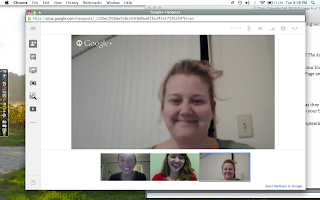September 27,
2013
Biblical
Readings
There are verses throughout the bible that support
determinism, free will and compatibilism. Psalm 139 specifically says in the
verses that “all of the days of my life are prepared before I would ever even
have lived one day.” This supports the determinism theory that everything is
determined in our lives even before we are born into this world. The Psalm
shows us that our plan is set before us long before and after we are here. In
Mark 10, free will is demonstrated by the choice that Jesus gives the rich man
in the story. In comparison, if determinism was a factor here, then Jesus would
have already made the plan for the man to lose his riches, but instead he gave
him the free choice to decide for himself. His specific question is “What will
you do with your riches?” This is a question not a pre-determined answer.
However, it could be that Jesus already knew what his answer would be and knew
the decision that he would make. In the story of Jonah, this is an example of compatibilism.
There is a portion of the story that includes Jonah making specific choices on
his own, yet there are other portions that show where God was most definitely
part of the plan and came to the rescue of Jonah in his time of need. All three
of these different theories are present throughout the bible. So, who is right?
It may be that each person can perceive the stories in a different way; or
choose to believe in a portion of all of them.

